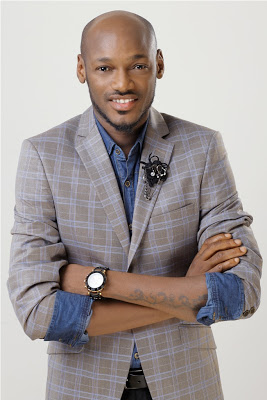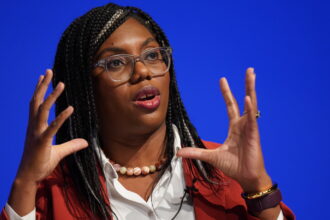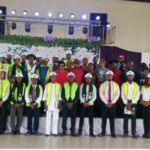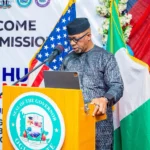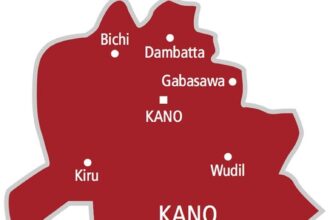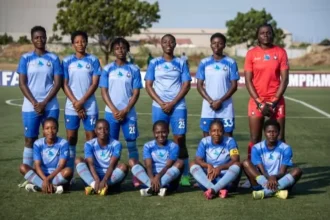They say Lagos never truly sleeps. Its nights are laced with the hum of danfo buses rushing down half-lit highways, with music leaking from open bar speakers, and with the echoes of countless untold stories. But on the evening of October 4, 2007, the restless city added one more tale to its long record of survival: the day armed men tried to silence one of Africa’s greatest voices and failed.
Innocent Ujah Idibia, known across the continent as 2Baba—by then a legend shaping Afropop into a new language of pride and rebellion—had just returned from London, his MOBO trophy glistening in the shadows of his bag. But Lagos greeted him not with garlands or drums. Instead, it offered him bullets.
What unfolded at Cele bus stop along the Oshodi–Apapa Expressway was an ambush that could have rewritten African music history. Gunmen opened fire on his car, and the street echoed with chaos. Twenty-two pellets would be removed from his thigh hours later at Cedar Hospital in Festac. Yet the man they sought to destroy did not die that night. He endured, lived, and rose stronger.
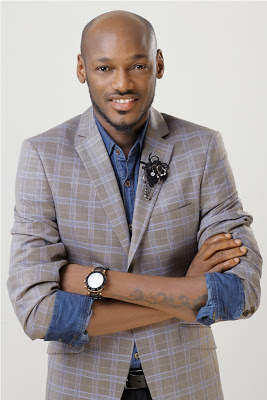
This article is not simply about a robbery gone wrong. It is about the unyielding resilience of a man who became both symbol and survivor, the city that tested him, and the bullets that, despite their fury, could not silence his voice.
The Rise of a Voice Too Loud for Bullets
Before Lagos bullets entered his story, 2Baba had already become a voice that could not be ignored. Born September 18, 1975, in Jos, Plateau State, he grew up with music not as luxury, but as necessity. Nigeria of the 1980s was turbulent—military coups, an oil economy swaying like an unsettled tide, and the rising pulse of urban youth searching for expression.
2Baba found that expression early, first in Plantashun Boiz, the trio he formed with Blackface and Faze. Together, they brought raw rhythm, harmonies that could carry heartbreak and street hustle in equal measure, and a Lagos edge that made them irresistible.
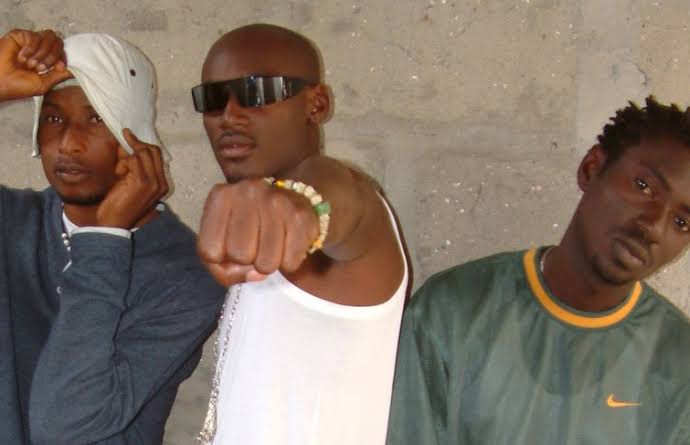
But it was his breakout solo single African Queen (2004) that transformed him into a continental figure. The song was not just melody—it was manifesto. It married soft guitar chords with the dignity of Black womanhood, carrying African identity into MTV and Hollywood soundtracks.
By 2007, 2Baba wasn’t just an artist. He was an institution. His Lagos concerts filled stadiums, his collaborations stretched across borders, and his voice defined a generation. Which is why that October ambush did not just threaten a man. It threatened a movement.
Lagos in the 2000s — A City of Rhythm and Risk
The Lagos of the mid-2000s was a city straddling rebirth and chaos. Governor Bola Ahmed Tinubu had begun reforms that were pulling Lagos into modernity—roads were being repaired, tax systems reformed—but the city was still scarred by deep inequality. Wealth gleamed in Victoria Island, while gang wars and robbery syndicates thrived in Mushin, Ajegunle, and Mile 2.
Robbery was not rare—it was routine. Lagosians told tales of “one chance” buses that robbed passengers mid-ride, of late-night expressway ambushes, of gunmen lurking near dimly lit flyovers. Even stars were not immune. In 1996, Lagos had lost gospel singer Ephraim Uko to an armed attack. Footballers, Nollywood actors, and businessmen all bore scars of that era.
2Baba himself had already tasted this danger once before. Lagos, for all its music and light, was also a city of gunmetal and shadow.
The First Attack — Mile 2, 2006
Long before the Cele bus stop bullets of 2007, Lagos had already tested 2Baba’s mortality. In 2006, while driving along the busy Mile 2 axis, his vehicle was ambushed by armed robbers. The attack came suddenly, in a city where late-night expressway robberies were almost ritual. Gunshots rang out, piercing the quiet of the night. His car was riddled with bullets, and for a moment, it seemed Nigeria was about to lose one of its brightest stars.
2Baba survived, but the scars ran deeper than the skin. The incident sent ripples across the entertainment industry. It was proof that in Lagos, even fame could not shield you from violence. Newspapers carried reports of the robbery, fans mourned what could have been, and fellow musicians whispered about the dangers of traveling late at night in a city that seemed to love its stars but could not protect them.
The 2006 Mile 2 attack was a grim warning. It reminded 2Baba that Lagos, the city that made him, was also capable of breaking him. It left him shaken but undeterred. Within months, he was back on stage, performing with the same fire that had carried him from Jos to global acclaim. Yet behind the smile and microphone, there lingered a truth he could not shake: Lagos had already pulled the trigger once.
This was not the end of the story. It was only the beginning.
The Night of October 4, 2007

The day had begun with triumph. 2Baba returned from London, where he had won the Best African Act at the 12th MOBO Awards. For any Nigerian artist then, this was no small feat. Afropop was only just gaining international acceptance. The recognition confirmed his place in a global arena.
But triumph in Lagos is never unguarded.
His Honda Accord, driven along the Oshodi–Apapa Expressway, slowed near Cele bus stop. Then came the ambush. The gunmen, hidden in the shadows, unleashed bullets on his car. Glass shattered, tires screeched, chaos erupted.
One bullet lodged in his thigh, cushioned by the laptop on his lap—a strange twist of fate. Without that laptop, the bullet might have pierced an artery.
The chaos was cinematic: his team yelling, some ducking, others bolting. Strangers scrambled. The night thickened with fear.
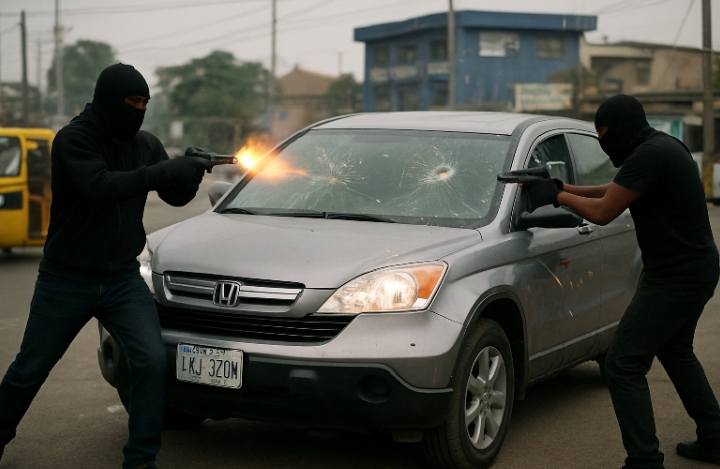
By the time they reached Cedar Hospital in Festac, blood had stained his clothes. Surgeons removed 22 pellets. Lagos newspapers the next morning ran with headlines that blended shock and relief: “2Baba Shot by Armed Robbers… Survives.”
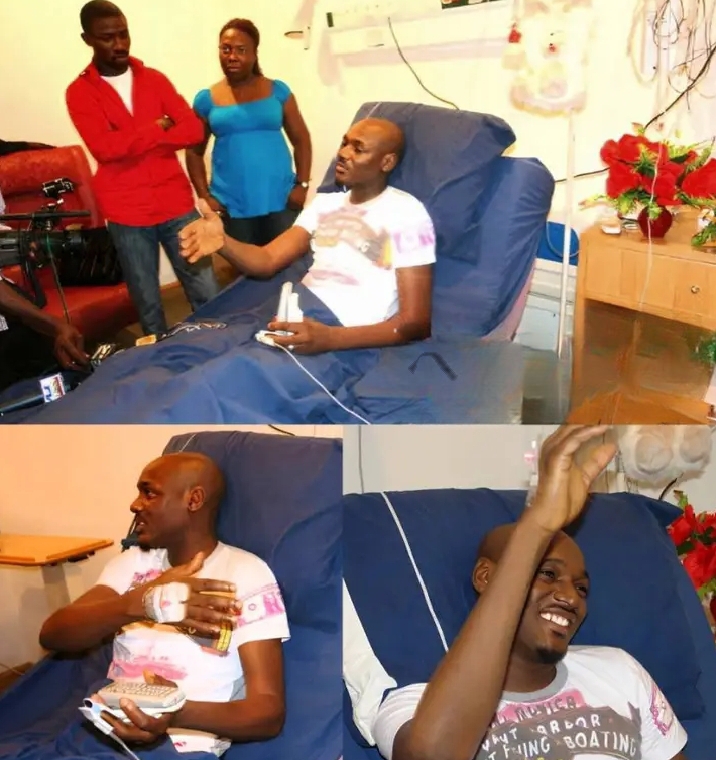
Lagos Responds — Shockwaves and Sympathies
When word spread, it felt like déjà vu. Nigerians remembered other stars lost prematurely. The fear was simple: would 2Baba be next?
Fans thronged Festac Town. Radios buzzed with prayers. Musicians like Sound Sultan, Ruggedman, and Tony Tetuila publicly condemned the attack. Newspapers such as Vanguard and Punch called it a “wake-up call” about insecurity in Nigeria’s biggest city.
But what truly stood out was how 2Baba himself responded. Instead of vanishing into silence, he returned to music. His 2008 album “The Unstoppable” carried a defiance that was more than artistic. It was survival set to sound.
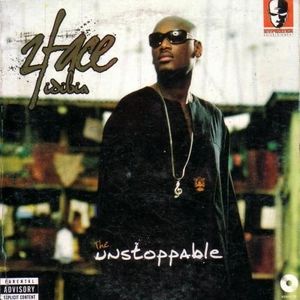
Metaphor of the Bullets
The Lagos bullets were not just metal—they were metaphor. They symbolized:
1. Nigeria’s Urban Violence: The ambush captured how insecurity defined everyday life, even for icons.
2. Fragility of Fame: Stardom in Lagos was not insulation; it was a target.
3. Resilience of Art: Despite blood loss and trauma, 2Baba turned survival into narrative.
Bullets tried to silence a voice. Instead, they amplified it.
Survival as Legacy
Over the years, 2Baba’s 2007 ambush has become part of his legend. Fans speak of it the way Americans recall Tupac’s Las Vegas shooting or Jamaica recalls Bob Marley’s 1976 assassination attempt. Each bullet added to his myth, transforming him from musician to survivor-prophet.
His philanthropy through the 2Baba Idibia Foundation began to carry deeper resonance. His activism, particularly his calls for peace during Nigeria’s elections, felt earned. He was not preaching from theory—he was speaking from scars.
Today, when fans chant “2Baba,” they are not just hailing a singer. They are saluting a man who faced Lagos’s harshest test and lived.
Lagos, Then and Now
Seventeen years later, Lagos remains both music capital and battlefield. While reforms have improved security, kidnappings and robberies still lurk. Yet the city continues to breed icons: Wizkid, Burna Boy, Davido—all heirs to a path 2Baba paved with both melody and blood.
The bullets of 2007 remind Lagosians of two truths:
- The city is dangerous.
- But the city cannot kill its own rhythm.
2Baba, wounded yet unbroken, became Lagos personified: scarred but undefeated.
Reflection: The Voice That Refused Silence
When Lagos bullets flew at Cele bus stop in 2007, they sought to end more than a man. They sought to end a movement, a culture, and a generation’s soundtrack. But Innocent Idibia emerged not only alive, but transformed.

Every concert since then carries invisible echoes of that night—the bullets, the panic, the survival. His scars became his armor, his resilience his melody.
The Lagos bullets tried to silence him. Instead, they amplified his song, reminding us that even in a city where shadows stalk highways, voices like 2Baba’s cannot be buried. They rise. They sing. They endure.

